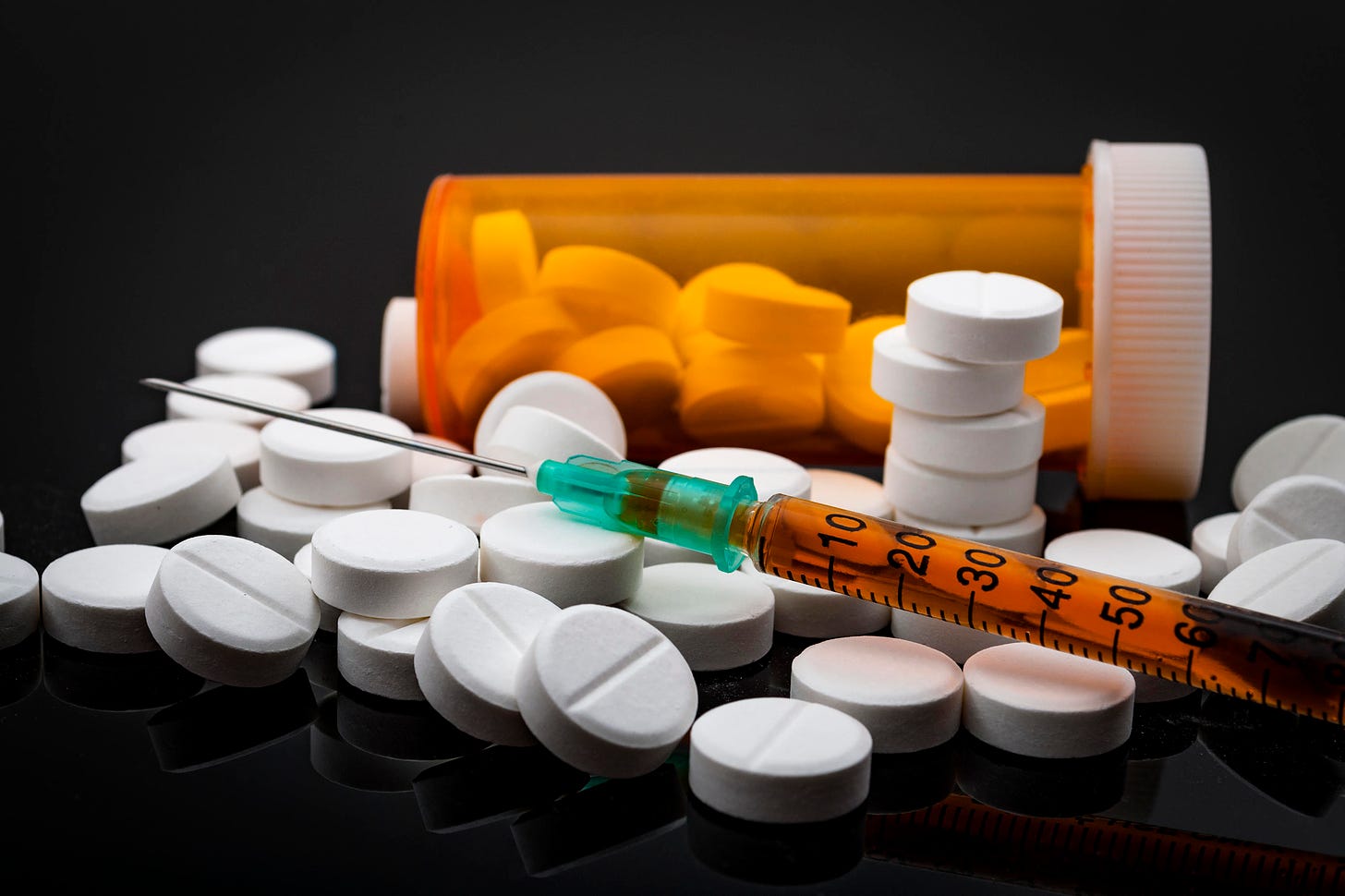Good morning. Today, we’re discussing Russian espionage and the effect of the pandemic on opioid-related deaths.
If you like what you read, make sure to drag email to your “primary” tab!
Western governments accuse Russia of trying to steal vaccine data
The pulse:
According to the U.S., British, and Canadian governments, Russian hackers are attempting to steal coronavirus vaccine research from researchers.
Who are the hackers and what are they doing?
The NSA claims that a hacking group implicated in the 2016 U.S. election interference has been trying to steal vaccine intelligence from companies and universities. The main targets appear to be Oxford University and pharmaceutical company AstraZeneca, which have been working jointly on developing a vaccine.
The hacking group is associated with Russian intelligence and is known as “Cozy Bear.”
Why steal vaccine data? Won’t it all be published eventually?
Experts think that that Russia wants to bolster its research capabilities and is trying to avoid relying on western nations for vaccine supply. The U.S. government is paying large sums of money (it recently announced that it would pay $1.2 billion to AstraZeneca to fund a clinical trial) to ensure that it is at the front of the queue for the vaccine. Russia may be concerned that without a similar financial investment, there may be a long lag between when the vaccine is released and when Russian citizens are able to access it.
Experts hypothesize that Russia has no intention of interfering with vaccine product in the west.
Has Russia stolen any data yet?
No evidence has emerged that data has been stolen.
Bottom line it for me.
Vaccine production is spurring international tensions and rivalries, as countries fret over both the science and the ultimate supply.

Source: cbsnews.com
An epidemic amidst a pandemic
The pulse:
Despite numerous public health efforts, drug-related deaths in the U.S. are at an all-time high and will likely continue to climb as the pandemic rages on.
What’s going on?
Drug-related deaths have risen 13% so far this year as compared to the same point 2019, when 72,000 Americans died from drug overdoses. This puts 2020 on track to have the steepest rise in drug deaths since 2016, when a dangerous synthetic opioid, fentanyl, first entered the scene.
How has COVID-19 affected drug overdoses?
Drug-related deaths have been on the rise for years (barring a brief dip in 2018), but this year is worse than most. One important cause could be isolation– when drug users use alone, they are at far higher risk of harm, as no one is around to call for help in case of overdose. Unfortunately, many residential treatment centers have also cut back on their services, leaving drug users with limited support.
“Way too many residential programs just shut their doors and left patients with no safety net.” - Percy Menzies, President of Assisted Recovery Centers of America.
What public health measures have been taken to address this?
Back in March, the federal government took two significant, important steps to increase access to addiction treatment. The first was allowing clinics that distribute methadone, one of the main medications to treat opioid-use disorder, to distribute up to one month’s supply of methadone at a time. Previously, people had to line up at clinics daily to receive their medication.
The other mainstay of treatment for opioid-use disorder is a medication called buprenorphine, which doctors used to only be allowed to prescribe after meeting a patient in person. Now, patients can get prescriptions for buprenorphine through telehealth.
The increased flexibility in these rules increase access to treatment, but to date have been unable to slow the progression of the opiod epidemic.
Bottom line it for me:
COVID-19 has accelerated the increase in drug-related deaths, and aggressive policy changes have thus far been insufficient to stem the tide.
Rapidfire
Daily cases in the U.S. have doubled since late last month. Today’s case count is 75,600.
59% of Americans say they always wear a mask. This is better than some other western nations — Canada, France, and the U.K. lag behind — but lags far behind survey leaders Philippines (92%), Mexico (85%), and Spain (84%).
Moderna published promising data in 45 patients this week. It’ll kick off a 30,000 patient trial in ten days.
If you like Morning Pulse, make sure to drag it to the “primary” tab in your email, and share it with friends below!


